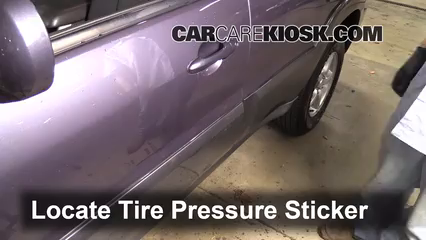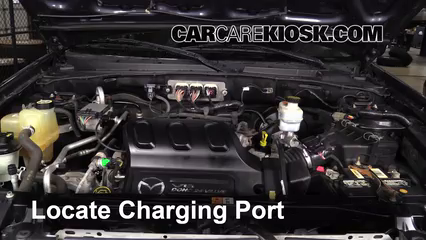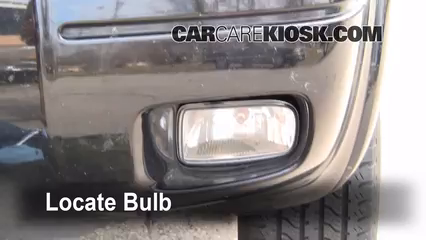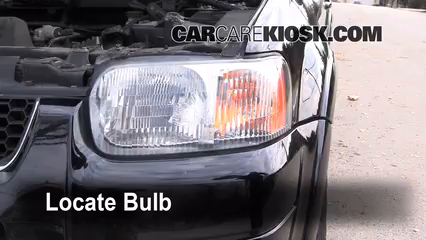How to Add Brake Fluid: 2002 Ford Escape XLT 3.0L V6
Ford Escape Model Years - 2001, 2002, 2003, 2004
How to add brake fluid and check brake fluid level
Hans Angermeier is an ASE certified Maintenance and Light Repair Technician and has produced over 100,000 videos showing drivers how to fix things on their cars. He has broad expertise on basic repair procedures covering the majority of cars on the road. Over the past 10 years, Hans has been focused on building CarCareKiosk, which is visited by millions of drivers each month.
- Lake Ford helped make these videos
- Feedback
- Download Ford owners manuals
When you hit the brake pedal in your 2002 Ford Escape it pumps brake fluid down to your brakes which increases the pressure to make your car slow down. If you don't have enough brake fluid in the brake fluid reservoir, air can get in your brake lines and your Escape won't stop properly. The video above shows you how to add brake fluid to your Ford Escape. If you are adding brake fluid to your Escape on a regular basis, you should check for leaks (we have a video for this too!) As with most fluids in your engine, brake fluid can cause serious harm if you get it in your eyes, so be sure to wear safety glasses and gloves. Brake fluid will also make your paint peel off if you spill it on your Escape, so be careful not to spill it.
When adding fluid to your Escape, it is important to check your owners manual for the correct type to add - it likely be either DOT 3, DOT 4 or DOT 5, also known as silicone brake fluid. Do not shake the fluid before pouring it in your vehicle - the air bubbles will foul up your brake lines. Be sure to discard bottles of brake fluid that are over a year old - brake fluid sucks the moisture out of the air and the water vapor in the fluid can rust out your brake lines quickly. Brake fluid breaks down with use and should be changed every 2 years in your Ford Escape or whenever it looks dark in color - this will make the internal brake components last longer.
- Advance Auto coupon for
20% off entire order: KIOSK20













